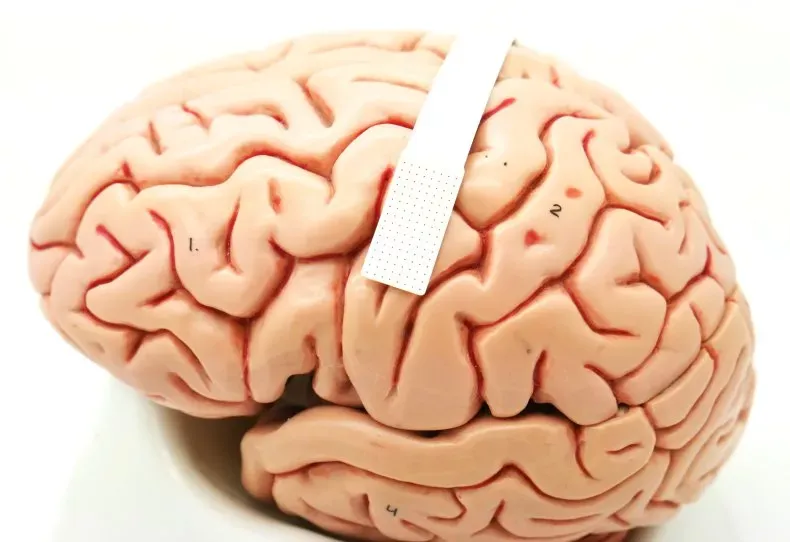New Platform Targets and Represses Disease-Causing Genes
Read about Ornit Chiba-Falek, PhD's collaboration to develop a new platform that targets specific genes that can cause disease.
Duke Neurology Research Round Up, January 2024
In January, members of Duke Neurology wrote and contributed to 20 peer-reviewed journal articles. This month’s research includes an article reviewing interneuron transplantation for drug-resistant epilepsy, a study on the relationship between BMI and intracerebral hemorrhage, and a study indicating that genetic associations with longevity are stronger in females than in males.
Postdoc Spotlight: Silas Buck, PhD
Silas Buck, PhD, first fell in love with neuroscience during the earliest days of his undergraduate career, when he became fascinated with the complex biological reactions that were responsible for even his earliest lab experiments. Buck pursued this passion through graduate school, studying how dopamine neurons become vulnerable to degeneration in Parkinson’s disease.
Duke Neurology Research Round Up, November 2023
This October, members of the Duke Neurology Department contributed to 11 new peer-reviewed journal articles, advancing the fields of clinical and translational neuroscience. Highlights from the past 31 days include descriptions of a new technology that uses retinal scans to detect mild cognitive impairment, a white paper outlining challenges and opportunities for clinical trials in Alzheimer's disease, and genetic analyses that advance our understanding of the origins of Alzheimer’s disease.
Staff Spotlight: Dellila Hodgson, MS
While Dellila Hodgson’s primary duties involve overseeing experiments in the lab of Ornit Chiba-Falek, PhD, Hodgson considers herself a teacher at heart. So when Hodgson saw an opportunity to teach local middle school students about translational neuroscience through the Duke BOOST (Building Opportunities and Overtures in Science and Technology) program, she jumped at the chance.
Duke Neurology Research Round Up, September 2023
A new blood-based test for Parkinson’s disease, improved monitoring techniques for epilepsy, and a chapter discussing the use of transcranial magnetic stimulation (TMS) as a noninvasive treatment for dystonia are just a few examples of the latest research from members of the Duke Neurology Department.
Newly Identified Lipid in Breast Milk Might Reduce Cerebral Palsy in Infants
About 60,000 babies are born before 32 weeks gestation in the United States every year, and 10% of them will develop cerebral palsy resulting from infections that damage nerve fibers deep in the brain called white matter.
While it’s known that the white matter loss will lead to neurological deficits, there is currently no treatment to help these infants avoid the outcome.









